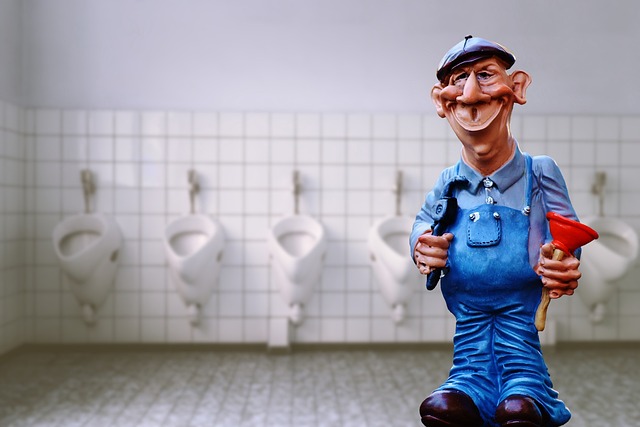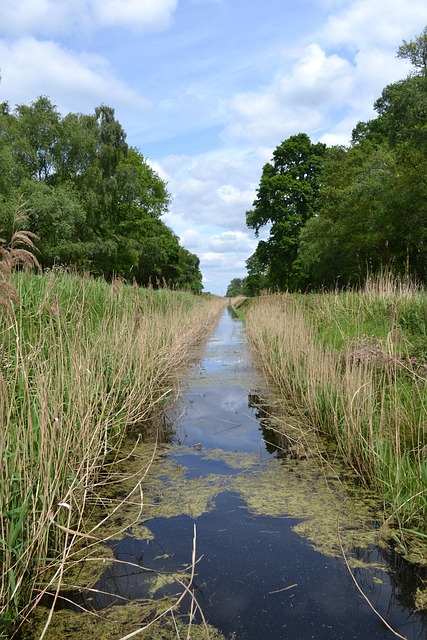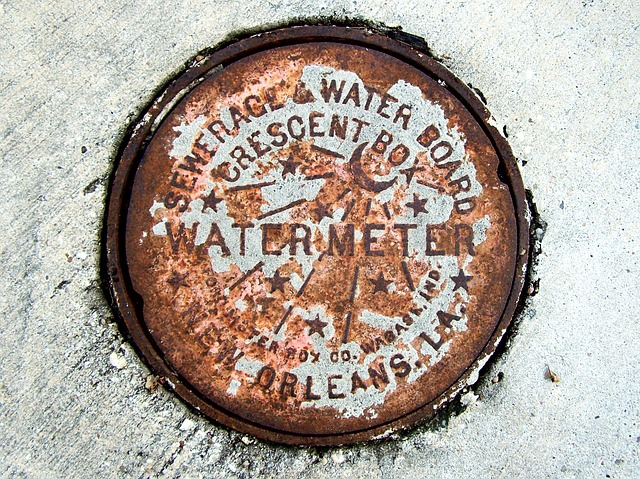Identify Signs of a Clogged Drain early like slow drainage, odors, or gurgling sounds to prevent major plumbing issues. Use simple tools like plungers and natural remedies for minor clogs. For persistent problems, seek professional drain issue fix. Prevent clogs by flushing hot water regularly, using catchers, and avoiding pouring grease or large food particles down the drain. Early action saves costs and minimizes disruption from severe clogs.
Are you tired of dealing with slow drains or backed-up water? Learn to identify the subtle signs of a clogged drain before it becomes a full-blown crisis. This comprehensive guide, “Clogs 101,” equips you with the knowledge to troubleshoot and fix common drain issues DIY style. Discover preventive measures to keep your pipes clear and avoid costly repairs. Say goodbye to stubborn clogs and master your home’s drainage system! Start recognizing those telltale signs today.
- Recognizing Signs of a Clogged Drain
- Troubleshooting and Fixing Common Drain Issues
- Preventive Measures to Avoid Future Clogs
Recognizing Signs of a Clogged Drain

Recognizing the signs of a clogged drain is the first step in preventing major plumbing disasters. One of the most noticeable symptoms is a slow or stopped-up drain, where water takes an unusually long time to flow away or completely fails to drain. This can be especially evident when washing hands, taking a shower, or running the dishwasher. Another common indicator is an unpleasant odor coming from the drain, often described as a putrid or sewage-like smell. These odors are a result of trapped gasses and bacteria building up in the pipe.
Additionally, you may notice that your water pressure has decreased, or that the drain makes unusual sounds when water flows through it. Bubbles or swirling water patterns visible at the bottom of the sink or tub can also signal an obstruction. In some cases, a clog might cause backflow, leading to water spilling over the edge of the drain or even flooding. Regular maintenance and prompt action when these signs are observed can help avoid costly repairs and ensure your plumbing system remains in top condition.
Troubleshooting and Fixing Common Drain Issues

Many common drain issues can be easily identified and fixed before they lead to more severe problems. Look out for signs of a clogged drain such as slow drainage, water pooling around the drain, and gurgling sounds coming from pipes. If you notice any of these symptoms, it’s crucial to take action immediately.
To troubleshoot and fix these issues, start by clearing minor clogs using a plunger or a drain snake. These tools can dislodge hair, grease, and other debris buildup that causes obstructions. For stubborn clogs, consider using natural remedies like baking soda and vinegar mixtures or commercial drain cleaners. If the problem persists, it might be due to more serious issues like pipe damage, root intrusion, or structural problems that require professional plumbing services for effective drain issue fix.
Preventive Measures to Avoid Future Clogs

To prevent future clogs, it’s essential to be proactive and implement certain measures. Regularly flush your drains with hot water to clear out any built-up grease or debris. Install drain catchers or covers to trap hair, food scraps, and other common clogging items. Avoid pouring grease, coffee grounds, or large food particles down the drain, as these can quickly accumulate and cause obstructions. Additionally, use a plunger as a preventive tool—it’s an easy and effective way to clear minor clogs without calling a plumber.
Recognizing the signs of a clogged drain early on is crucial. Look out for slow drainage, gurgling sounds, or water backing up into the sink or shower. Addressing these issues promptly can stop a small problem from turning into a major plumbing crisis. Remember, preventive maintenance is always more affordable and less disruptive than fixing a severe clog.
Identifying and addressing drain clogs early can prevent more serious plumbing issues down the line. By recognizing the signs of a clogged drain, such as slow drainage or unusual odors, you can take proactive measures using simple tools and techniques. Regular maintenance, including cleaning grease traps and regularly flushing drains, is key to preventing future blockages. Armed with this knowledge, you’re equipped to handle minor clogs and save costly repairs.
